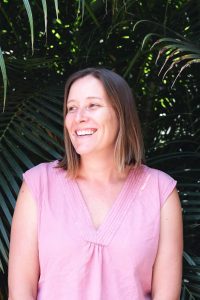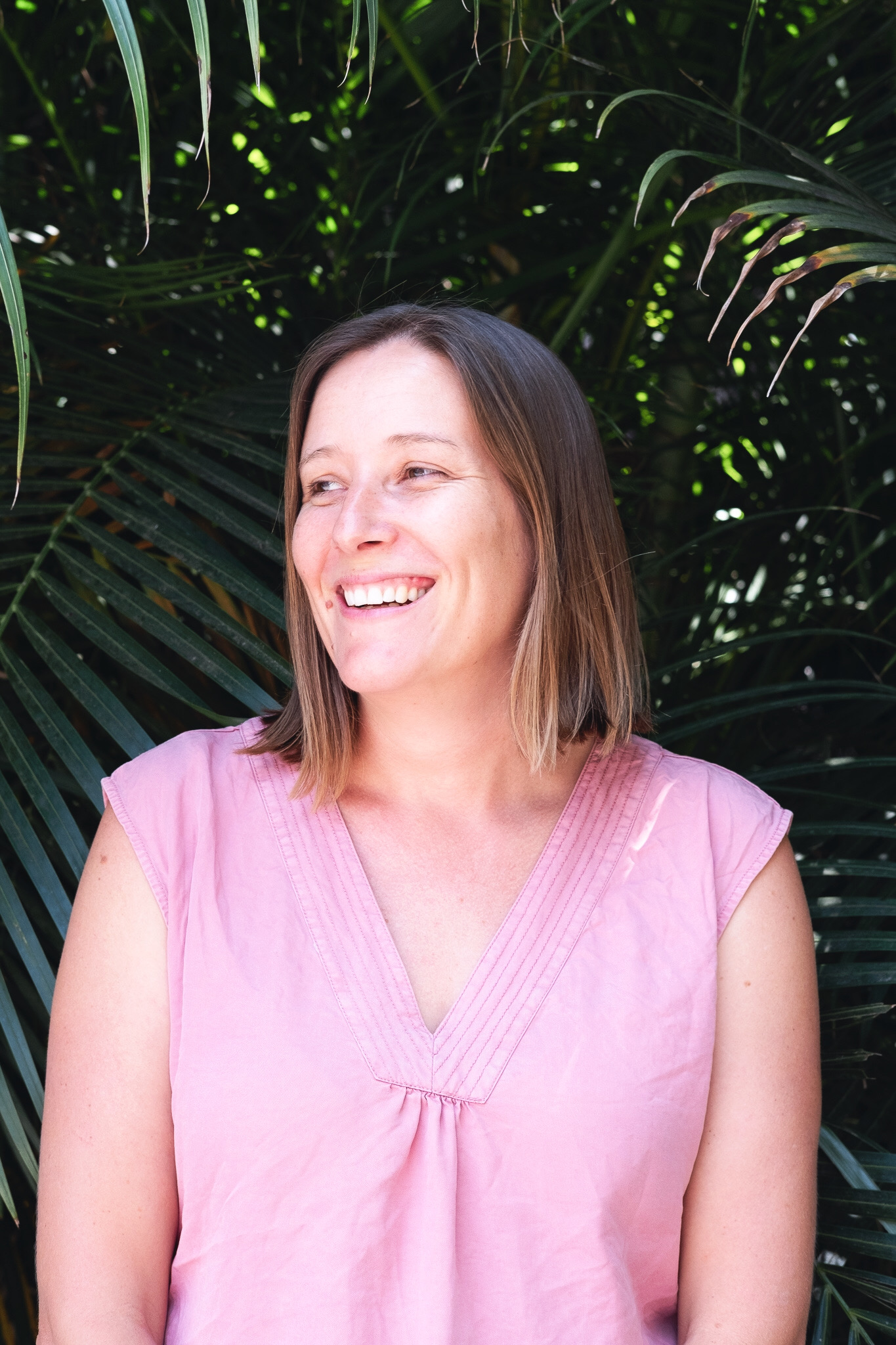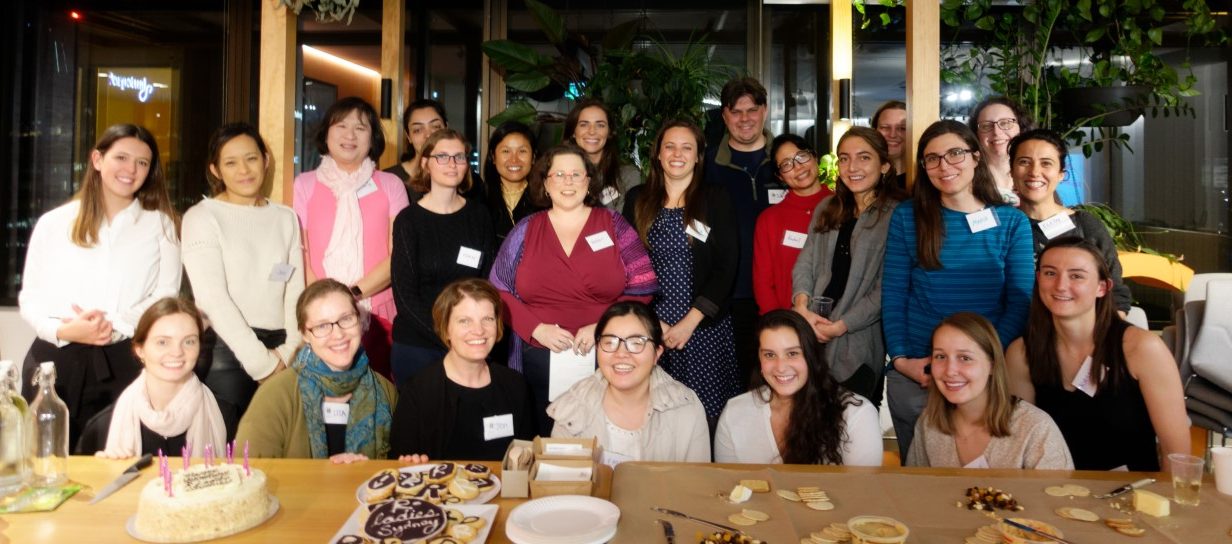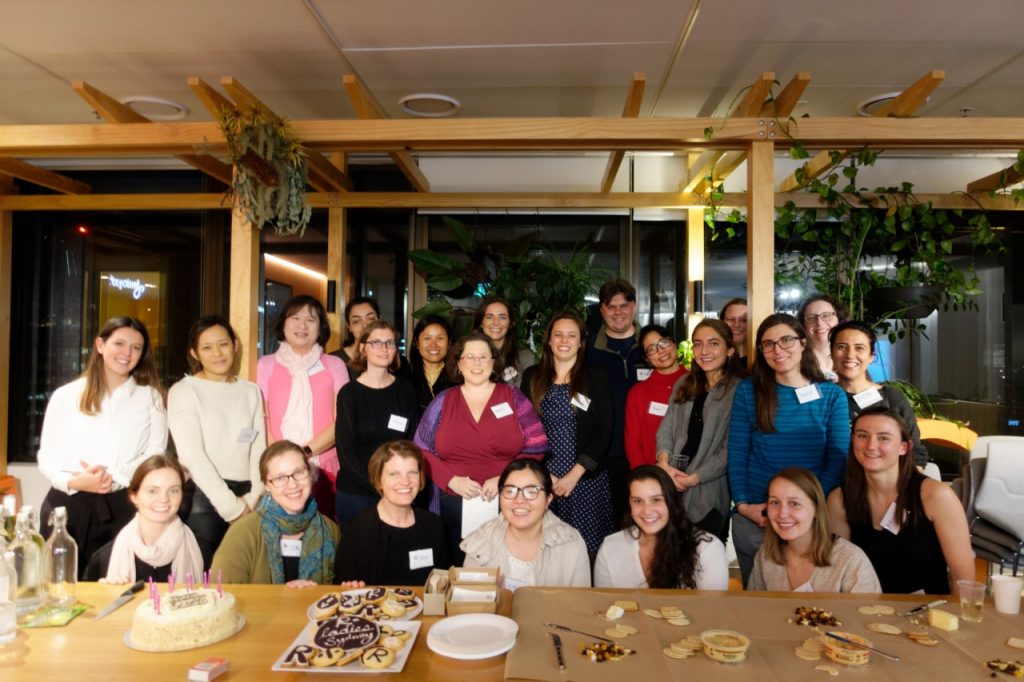By Charlotte Beloe

Only three years out of her PhD, UNSW Women in Maths and Science Champion alumnus Poppy Watson has hit the ground running, being awarded a Discovery Early Career Researcher Award (DECRA) last month. This prestigious grant aims to provide focused support to early career researchers and is highly competitive, with a success rate of only 16%.
Poppy’s research is centred on understanding how people control their attention, and how much they are influenced by distractions signalling a reward. “A good example is the McDonald’s Golden Arches, it’s just a yellow ‘M’ but to us it signifies some kind of reward.” says Poppy, “Someone may be trying to avoid unhealthy food, but they get distracted by the McDonald’s ‘M’. Is that the end or do they go for the unhealthy food, even though they may not be hungry?”.
It’s something we can all relate to, but why food cues specifically? “With food you can really manipulate people’s preferences and their behaviour; hungry versus not hungry, state to state.” Poppy explains, “Food is also something that it’s easy to manipulate people’s perception of its value, and there is a point where you physically can’t eat anymore, you’re stuffed. We can’t really do this with drugs, alcohol, or money. People always will want more, or the thing itself will drive them to have more, even if they have had too much. The more you drink, the more you may be likely to continue drinking.”
It’s easy to see the clinical applications of Poppy’s research, “We’re all exposed to this constant distraction, and for some people it’s a constant battle to control these cravings and stopping themselves from ‘caving’,” says Poppy, “I want to know why some people are so vulnerable, can we increase their control, and can we understand these automatic processes underpinning their behaviour?”

It is this research question that recently won Poppy an additional grant from the National Drug and Alcohol Research Centre (NDARC). “If we understand the attention processes that underly excessive reward seeking behaviour,” Poppy explains, “perhaps we can spot this behaviour before they’re even exposed to drugs.” The potential to extend her research to a clinical environment is an exciting prospect for Poppy, “It would make for interesting intervention studies.” she says. You can find learn more about Poppy’s research with NDARC here.
So what does receiving a DECRA mean for Poppy? “It’s so fabulous, I’m so happy.” she says, “It means being able to follow my own pursuits while still having the support of my broader team. It gives me more autonomy for picking my own research lines and do something that’s more mine.”
For any early career researchers thinking of applying for a DECRA, Poppy has a few words of advice, “It’s a tough process.” she says, “Get a lot of feedback from people who have a lot of grants, both people in you field like your supervisor and outside of your field. People on grants boards can have more general backgrounds, so it’s important to get feedback from as many people as possible.” Poppy elaborates,” You have to write quite extravagant things about yourself which can be quite uncomfortable. Having someone with experience read your application will help to spot when you are underselling yourself, it’s easy to do.”
Follow Poppy on Twitter




